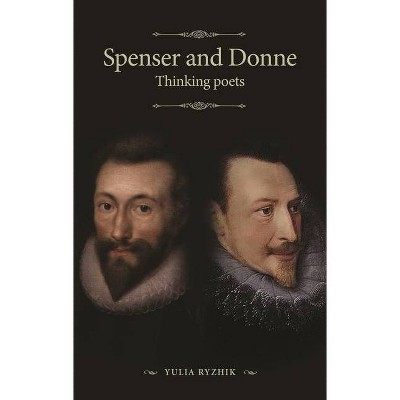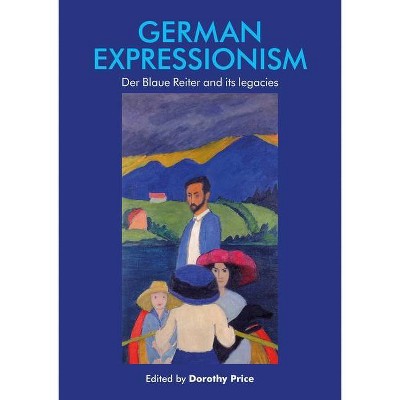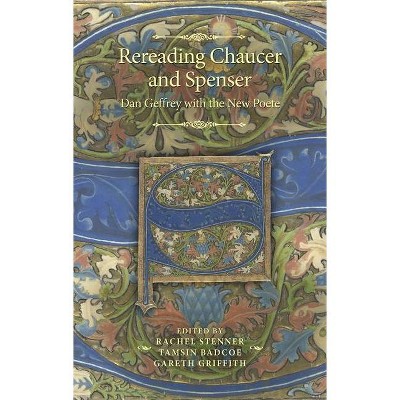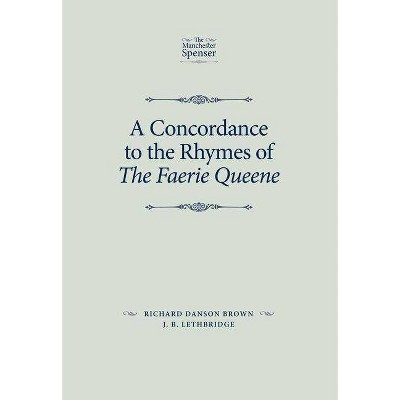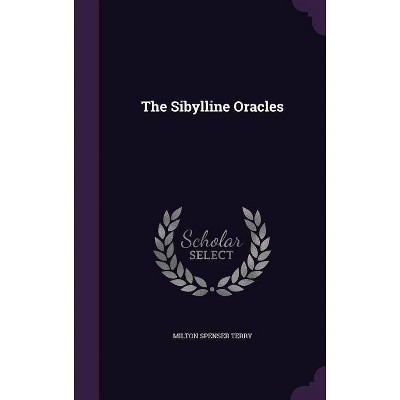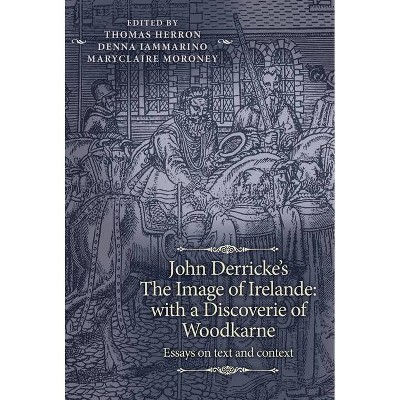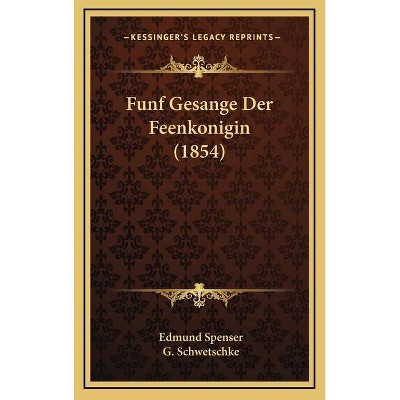Comic Spenser - (Manchester Spenser) by Victoria Coldham-Fussell (Hardcover)
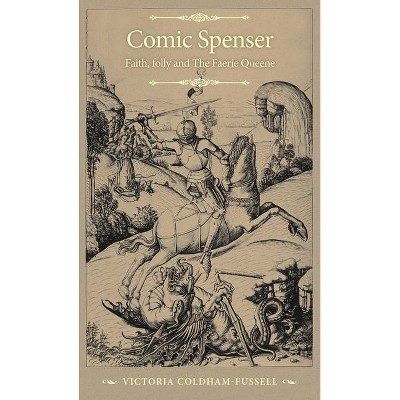
Similar Products
Products of same category from the store
AllProduct info
<p/><br></br><p><b> About the Book </b></p></br></br><i>Comic Spenser </i>explains how the deep-rooted cultural bias against humour has skewed interpretation of <i>The Faerie Queene</i> since its first publication. As well as bringing a comic perspective to new areas of the poem, this study explores profound connections between humour, faith, and allegory.<p/><br></br><p><b> Book Synopsis </b></p></br></br>Once a byword for Protestant sobriety and moral idealism, Spenser is now better known for his irony and elusiveness. But this study argues that his sense of humour is still underestimated and misunderstood. In a series of bold reinterpretations of key episodes in <i>The Faerie Queene</i>, Victoria Coldham-Fussell demonstrates that humour goes to the heart of Spenser's moral and doctrinal preoccupations. She charts amusing rifts between the poem's ambitious and idealising postures and its Protestant vision of corruptible human nature; yet contends that Spenserian humour is an expression of tolerance and faith as well as an instrument of satire. This study's application of modern comic theory to a key text of the English Renaissance and its detailed survey of the comic influences that shaped Spenser's literary milieu will be indispensable to teachers of the Renaissance period, to students of comic literature, and to established Spenserians.<p/><br></br><p><b> From the Back Cover </b></p></br></br>This is the first full-length study to be devoted to the humour of <i>The Faerie Queene</i>. Once a byword for Protestant sobriety and moral idealism, Spenser is now better known for his irony and elusiveness. But Victoria Coldham-Fussell argues that his sense of humour is still underestimated and misunderstood. Challenging the bias behind this neglect, she shows that humour, far from being peripheral or superficial, goes to the heart of Spenser's moral and doctrinal preoccupations. <i>Comic Spenser</i> charts rifts between <i>The Faerie Queene</i>'s ambitious and idealising postures and its Protestant vision of corruptible human nature. Figures to be comically 'undone' include the hero, the chivalric lover, the virgin, and the ideal monarch - as well as Spenser's own epic-poet persona. Bold reinterpretations of key episodes show Red Crosse, Arthur, Britomart, and Belphoebe in all-too-human lights. Yet bathos has a positive significance in Christian theology, and Spenserian humour proves to be an expression of tolerance and faith as well as an instrument of satire. On this basis, Coldham-Fussell contends that the alliance of humour and allegory in <i>The Faerie Queene</i> strongly affirms the value of the creative and 'errant' imagination. This revisionary study will be of interest to established Spenserians and to students for whom <i>The Faerie Queene</i> is a set text. Its two introductory chapters (the first of which provides an overview of modern comic theory, and the second of which surveys the comic literary culture of the sixteenth century) will also prove useful for students of comic literature and for teachers of the Renaissance period.<p/><br></br><p><b> Review Quotes </b></p></br></br><br>'Laudably clear and jargon-free and including extensive notes, <i>Comic Spenser</i> will be useful for nonspecialists, and it will open intriguing avenues of interpretation for more advanced students. Coldham-Fussell provides extensive notes.' CHOICE (Reprinted with permission from Choice Reviews. All rights reserved. Copyright by the American Library Association.)<br><p/><br></br><p><b> About the Author </b></p></br></br>Victoria Coldham-Fussell is a freelance writer and independent scholar
Price History
Cheapest price in the interval: 120 on November 8, 2021
Most expensive price in the interval: 120 on December 22, 2021
Price Archive shows prices from various stores, lets you see history and find the cheapest. There is no actual sale on the website. For all support, inquiry and suggestion messagescommunication@pricearchive.us
